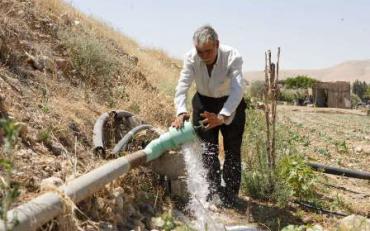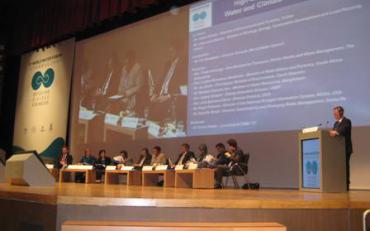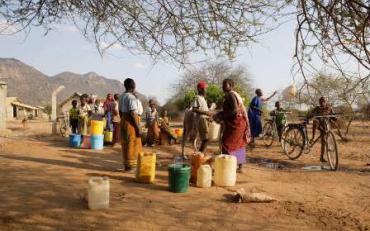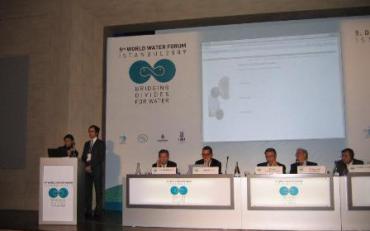How do you implement Integrated Water Resources Management (IWRM)? Through learning by doing, WANI has developed and demonstrated practical approaches to IWRM. Based on an analysis of WANI's projects, a set of implementation principles was identified that can guide the application of IWRM in the field.







